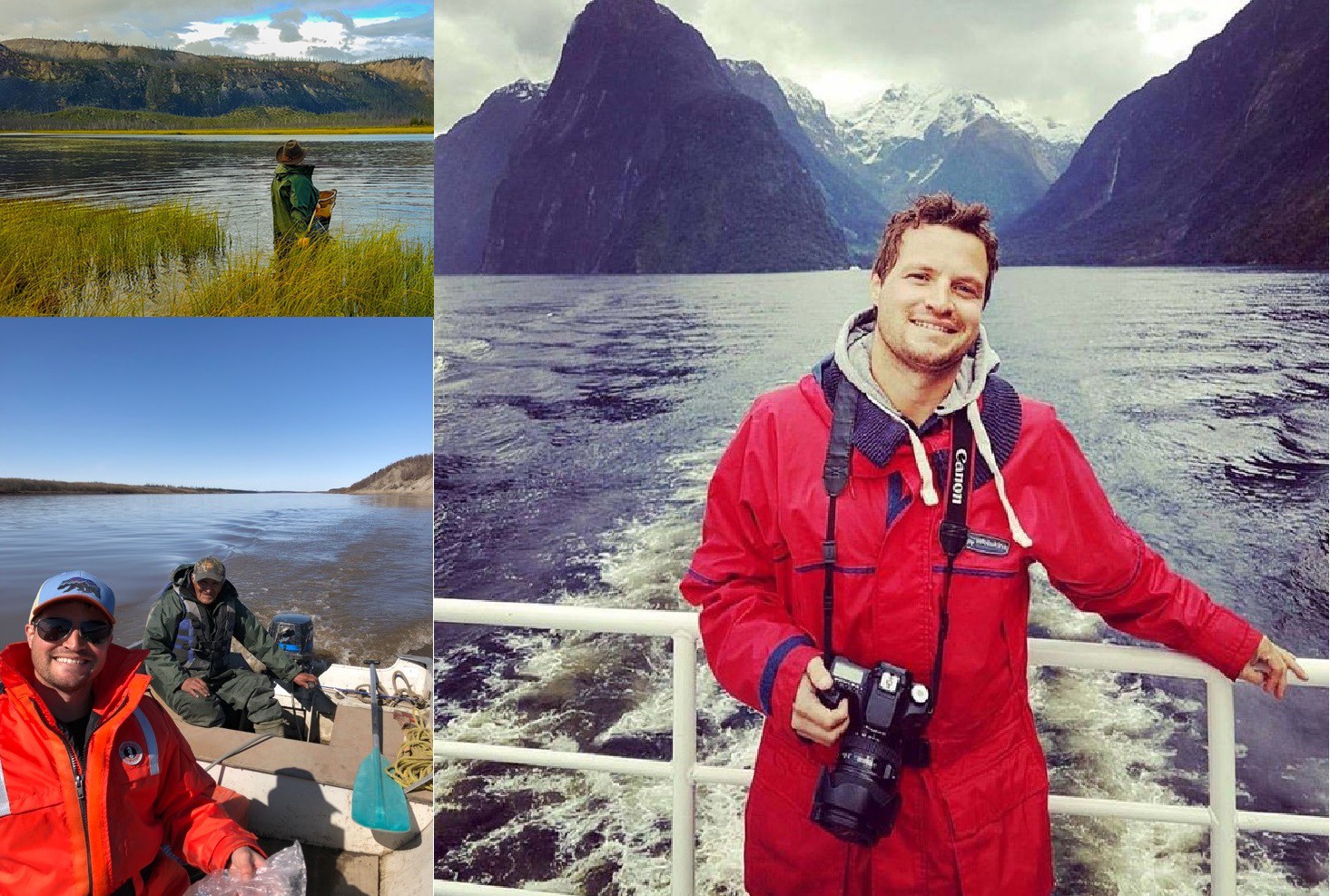Thomas Pretty (MSc, 2020)

Project description: Forest fires are a natural phenomenon in the boreal forest, but recent studies suggest that there will be increases in the frequency and severity of fires in this region over the next century. When forest fires occur in lake catchments, they may affect water quality and invertebrate communities living in associated lakes. Invertebrates, including zooplankton and benthic invertebrates play important roles in aquatic food webs, acting as conduits of energy from primary producers to larger organisms such as fish and water birds. Therefore, it is important to understand how these groups will respond to changes caused by fires. Unfortunately, few studies have been conducted in the northern boreal forest to examine how forest fires impact lakes in this region. For my thesis, I investigated how forest fires affect water quality, zooplankton, and benthic invertebrates in northern boreal lakes. I collected data on water quality, macrophytes, zooplankton, and benthic invertebrates from 20 lakes in the Sahtú Settlement Area of the Northwest Territories. Nine of these lakes were affected by fires in their catchments 4-5 years prior to data collection, while eleven were not. My results showed that surprisingly few water quality variables were related to burn history, but lake colour and phenols were higher in lakes affected by burns, and pH and dissolved oxygen were lower in those lakes. Remote sensing data showed that macrophyte biomass increased in lakes affected by burns following the 2014 fires, and that macrophyte biomass was an important predictor of community composition for both zooplankton and macroinvertebrates. In addition, burn history was an important predictor of zooplankton richness, and macroinvertebrate richness and abundance. However, my analyses also revealed that natural variability in catchment and lake properties was more important for explaining differences in invertebrate communities among lakes than the effects of forest fires. Overall, my results suggest that the effects of forest fires on lake water quality and biology are still detectable 4-5 years after burns in their catchments, suggesting that increased frequency and severity of burns in the north could have long-term impacts on boreal lakes.
Associated projects: Forest fires in the Sahtu, How will fish in Arctic lakes respond to climate change?, How do ferry operations impact water quality and fishing in major northern rivers?
Current position: Senior Authorizations Specialist, Water at the BC Ministry of Forests, Lands, Natural Resource Operations, and Rural Development